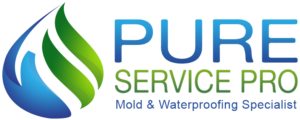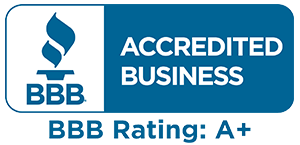Mold FAQ’s
What are molds?
Molds are simple, microscopic organisms present everywhere, indoors and outdoors. Molds are fungi and are needed to break down debris in the environment. For molds to grow and reproduce, they need only one organic food source material, such as leaves, wood, paper, and moisture. Molds grow by digesting the organic material; they gradually destroy whatever they grow on. Mold growth on surfaces can often be seen in the form of discoloration frequently green, brown, gray, and black. Molds release countless tiny, lightweight spores, which travel through the air.
Can mold become a problem in my home?
Molds will grow and multiply whenever conditions are right; sufficient moisture is available and organic material is present. Be on the lookout in your home for sources of indoor moisture that may lead to mold growth. Some examples are leaky roofs, sprinkler spray hitting the house, overflow of sewer & sink, steam from cooking or hot showers, plumbing leaks, humidifiers, dryer exhausting indoors. Warping floors and discoloration of walls can be indications of moisture problems. Condensation on windows or walls is also an important indication of moisture in your home, though it may be caused by an indoor combustion problem.
Should I be concerned about mold in my home?
Yes, if indoor mold contamination is extensive, it may cause very high airborne spore exposures. People exposed to high spore levels may become sensitized and develop allergies to mold or other health problems. Mold growth can damage your personal contents such as furnishings, carpets, and paintings. In time, unchecked mold growth may cause damage to the structural elements in your home.
What symptoms are commonly seen with mold exposure?
Molds produce health effects through inflammation, allergy, or infection. Allergic reactions are most common following mold exposure. Typical symptoms that mold exposed people report include: Nasal and sinus congestion; Dry, hacking cough; Nose or throat irritation; Respiratory problems such as difficulty breathing and shortness of breath; Eye irritation; Memory problems; headaches; mood swings; nosebleeds, body aches, and fevers are reported occasionally in mold cases, but their cause is not understood.
Who is at greater risk when exposed to mold?
Exposure to mold is not healthy for anyone in a contaminated area. Therefore, it is always best to identify and correct high moisture conditions quickly before mold grows and health problems develop. Some people may have more severe symptoms or become ill more rapidly than others. Infants and young children, the elderly, people with weakened immune systems, and people with respiratory problems such as allergies, asthma, or chemical sensitivity are especially susceptible.
Learn more about our mold removal service!





